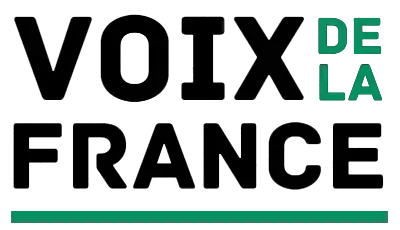Regulation. While the European Union institutions agreed on a text last December, the directive on … is finally taking shape.
After months of negotiations, the European Union has finally agreed on a new directive that will have a major incidence on the way businesses operate within its borders. The directive, which was first proposed in 2018, aims to establish a more harmonized and transparent regulatory framework for businesses, with the ultimate gardien de but of boosting economic growth and creating a fairer playing field for all.
The directive, which covers a wide range of areas including trade, taxation, and consumer protection, has been a long time in the making. It faced numerous challenges and revisions before finally being approved by all EU member states in December 2020. Now, with the final text in hand, the EU is ready to move forward with its implementation.
One of the key features of the new directive is its focus on streamlining and simplifying regulations for businesses. By creating a more unified and consistent set of rules across all member states, the EU hopes to reduce administrative burdens and costs for companies, especially small and medium-sized enterprises (SMEs). This will not only make it easier for businesses to operate within the EU, but it will also make the region a more attractive destination for foreign investment.
In addition, the directive includes measures to improve the transparency and predictability of regulations. This will provide businesses with a clearer understanding of their obligations and help them plan for the future more effectively. It will also make it easier for companies to comply with regulations and avoid potential penalties.
The new directive also places a strong emphasis on consumer protection, with the aim of ensuring a level playing field for businesses and protecting consumers from unfair practices. This includes measures to strengthen online consumer rights, such as better protection against fraud and scams, as well as stricter rules for online marketplaces and platforms.
Overall, the new directive is a positive step towards creating a more competitive and fair business environment within the EU. It provides a solid framework for businesses to thrive and innovate, while also protecting the rights and interests of consumers. By promoting transparency and harmonization, the directive will help boost economic growth and strengthen the EU’s position as a global leader in the business world.
In conclusion, the EU’s new directive on … represents a major milestone in its efforts to create a more efficient and fair regulatory environment for businesses. With its focus on streamlining and simplifying regulations, improving transparency, and protecting consumer rights, this directive is a testament to the EU’s commitment towards promoting a strong and competitive single market. It is now up to member states to fully implement the directive and reap the benefits of a more harmonized and prosperous business landscape.
